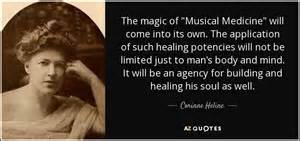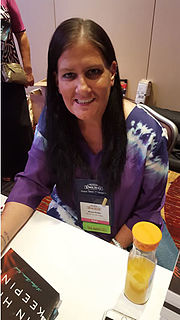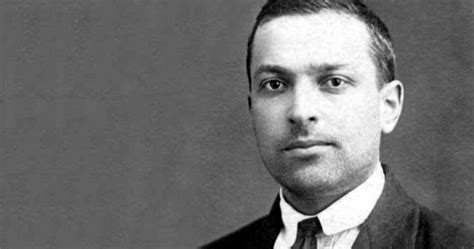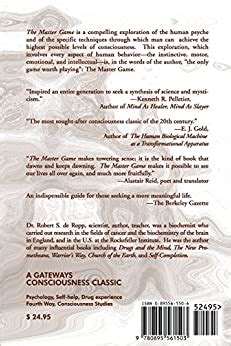A Quote by Corinne Heline
Ancient tradition always depicts a true Chinese musician as blind. Esoterically, this implies that his gift of the divine art is so completely guided by, and dedicated to, hosts of the celestial guardians, that both his sight and consciousness are focused above and beyond the objective world.
Related Quotes
When a woman submits to a man, it's the most precious gift she can give. Herself. Unreservedly. The man has to respect and honor that gift above all else. Even if he respects nothing else in the world, he must respect the woman in his care. It's his sworn duty to protect, honor and cherish his submissive. To take care of her and provide a safe haven. Someone who would put his own needs above his woman's is no man.
It has always been my belief that the true artist, like the true scientist, is a researcher using materials and techniques to dig into the truth and meaning of the world in which he himself lives; and what he creates, or better perhaps, brings back, are the objective results of his explorations. The measure of his talent--of his genius, if you will--is the richness he finds in such a life's voyage of discovery and the effectiveness with which he is able to embody it through his chosen medium.
In play, the child is always behaving beyond his age, above his usual everyday behaviour; in play he is, as it were, a head above himself. Play contains in a concentrated form, as in the focus of a magnifying glass, all developmental tendencies; it is as if the child tries to jump above his usual level.
When a man's intellect is constantly with God, his desire grows beyond all measure into an intense longing for God and his incensiveness is completely transformed into divine love. For by continual participation in the divine radiance his intellect becomes totally filled with light; and when it has reintegrated its passible aspect, it redirects this aspect towards God, filling it with an incomprehensible and intense longing for Him and with unceasing love, thus drawing it entirely away from worldly things to the divine.
We always think, 'Well, for a person who's blind, it must be an amazing, joyful miracle if by some chance their sight is restored to them.' Now, this may be true for blind people who lost their vision at a later age. It's rarely true for people who were born blind or who go blind at a very young age.
The master in the art of living makes little distinction between his work and his play, his labor and his leisure, his mind and his body, his information and his recreation, his love and his religion. He hardly knows which is which. He simply pursues his vision of excellence at whatever he does, leaving others to decide whether he is working or playing. To him he's always doing both.
The soldier, above all other men, is required to perform the highest act of religious offering-sacrifice. In battle and in the face of danger and death he discloses those divine attributes which his amke gave when he created in his own image. No physical courage and no brute instincts can take the place of the divine annunciation and spiritual gift which will alone sustain him.
A cultured society that has fallen away from its religious traditions expects more from art than the aesthetic consciousness and the 'standpoint of art' can deliver. The Romantic desire for a new mythology... gives the artist and his task in the world the consciousness of a new consecration. He is something like a 'secular saviour' for his creations are expected to achieve on a small scale the propitiation of disaster for which an unsaved world hopes.
Contemporary man is blind to the fact that, with all his rationality and efficiency, he is possessed by "powers" that are beyond his control. His gods and demons have not disappeared at all; they have merely got new names. They keep him on the run with restlessness, vague apprehensions, psychological complications, an insatiable need for pills, alcohol, tobacco, food - and, above all, a large array of neuroses
The essence nature of the Brahmin is an urge to know the truth...the true Brahmin pursues truth at all costs and will not permit considerations of comfort or convenience to stand in his way. His most outstanding characteristic is his objectivity, his ability to rise above the dust of the arena, to resist the hypnotising effects of words and the blind passion of cults, political or religious.



































